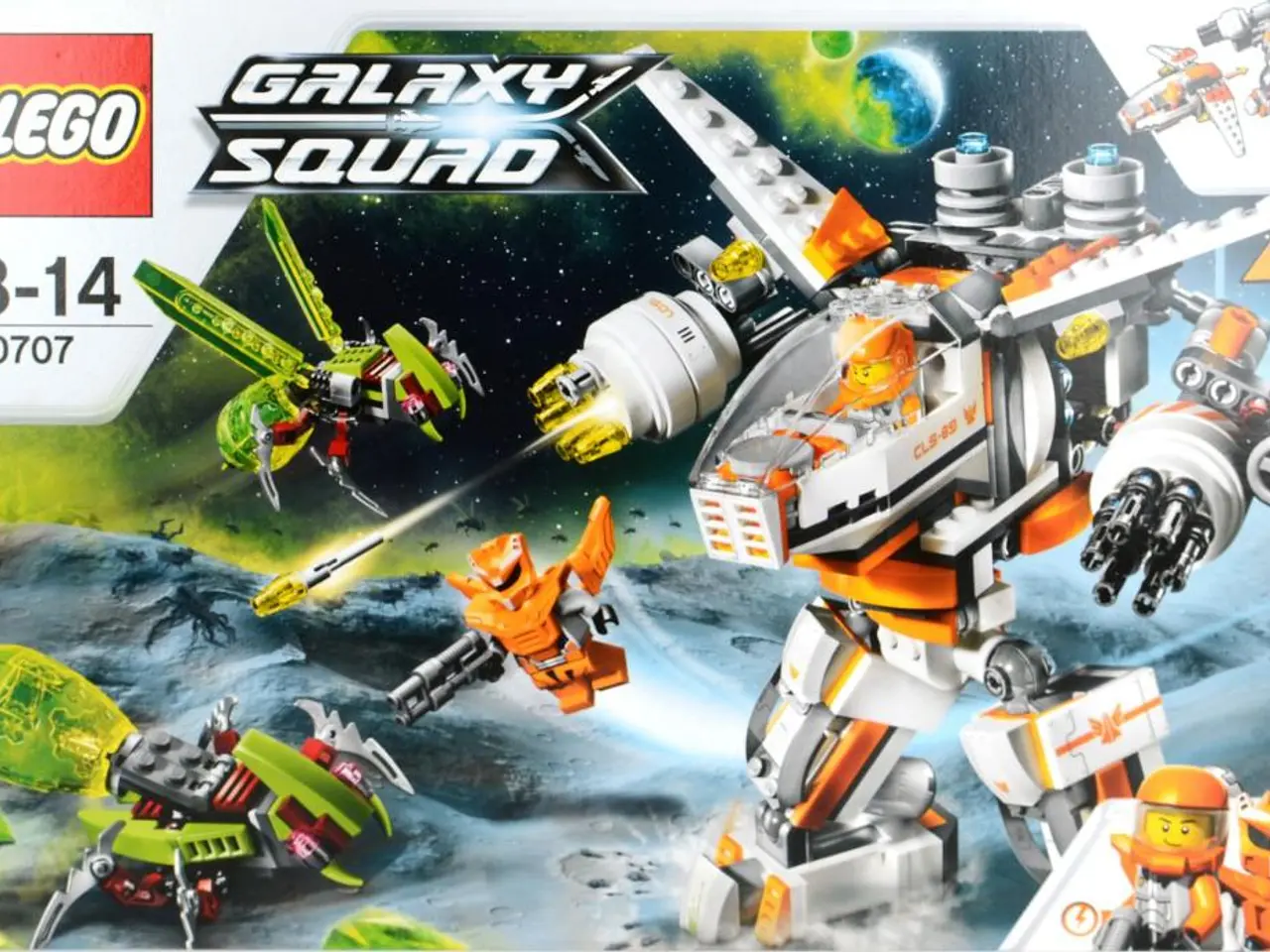Evaluating Insights from an AI Autograder Already Serving Millions of Pupils
======================================================================================
In the heart of India, a revolution is taking shape in the realm of early childhood education. Rocket Learning, a New Delhi-based edtech and childhood nonprofit, is leading the charge with their innovative AI worksheet grading tool. This groundbreaking technology is part of a comprehensive learning program that partners with over 200,000 daycares across 10 Indian states.
The AI grading tool is designed to provide personalised problems for students, incorporating gamification to make learning more enjoyable. Sunil, a key figure at Rocket Learning, believes that AI technology, particularly generative AI, has immense potential to help low-income students and students in general. He proposes that with the right design, edtech can lead the revolution of AI in education rather than merely living through it.
Rocket Learning's AI grading tool is open source and aims to make exercises available in English and other languages in the future. The accuracy of the tool ranges from about 90% to 95%, and it is designed to foster more interactions between students and human educators by informing users of potential errors.
The tool's effectiveness lies in its personalised adaptive learning and assessment. It moves beyond traditional grade-based evaluation to provide insights tailored to each child's learning pace and context, engaging children more joyfully and meaningfully compared to rote learning.
The technology is being refined to meet the diverse linguistic and cultural requirements of different Indian states, aiming for impact at a large scale. The experience shows that scaling requires quick iterations and openness to failure, a mindset that educators can adopt towards educational innovation.
Inspired by unconventional engagement strategies, Rocket Learning’s AI tool incorporates joy and play into education to improve children’s excitement and participation. Educators can learn to integrate such joy-based approaches alongside technology for better results.
With AI-driven grading and feedback, teachers receive actionable data on student progress, enabling data-informed instructional decisions that target individual student needs and foster continuous learning improvements. While direct large-scale impact data on Rocket Learning's AI grading tool’s performance in India is still emerging, the approach aligns closely with global trends emphasising adaptive technology, personalised learning, and joyful engagement, which have shown positive outcomes in early childhood education settings.
The deployment of Rocket Learning's AI worksheet grading tool has led to increased utilisation of the platform and more interaction between families working with Rocket Learning. Users are instructed to ask their teachers about incorrect answers or call a provided number if they need help, which also serves as an engagement tool.
Sunil suggests that it is possible to use large language models to create generative experiences that could save human time and effort. The AI grading tool corrects student work on digital homework, such as identifying hands holding up two fingers using a digital sketching tool.
The AI grading tool was developed with a $1.5 million Google.org grant, and Google experts are helping Rocket Learning develop an AI tutor for the program using machine learning. The philosophy behind the grading tool is not to let the perfect be the enemy of the good.
As the education landscape is revolutionised by AI, it is crucial for educators to take control and harness the full potential of this technology. Rocket Learning's AI grading tool serves as a beacon, demonstrating the transformative power of AI in early childhood education.
[1] Source: Rocket Learning's official website and various research articles on the impact of AI in education.
- The AI worksheet grading tool developed by Rocket Learning is designed to personalize learning for students, incorporating gamification and adapting to each child's learning pace.
- Sunil, a key figure at Rocket Learning, suggests that AI technology, particularly generative AI, can help low-income students and students in general, and he proposes that edtech could lead the revolution of AI in education.
- The AI grading tool provided by Rocket Learning is open-source and aims to make exercises available in multiple languages to reach a wider audience.
- The tool's effectiveness lies in its personalized adaptive learning and assessment, engaging children more joyfully and meaningfully compared to rote learning.
- Rocket Learning is refining their AI grading tool to meet the diverse linguistic and cultural requirements of different Indian states, with the goal of impacting a large scale.
- With AI-driven grading and feedback, teachers can receive actionable data on student progress, enabling data-informed instructional decisions that target individual student needs and foster continuous learning improvements.




